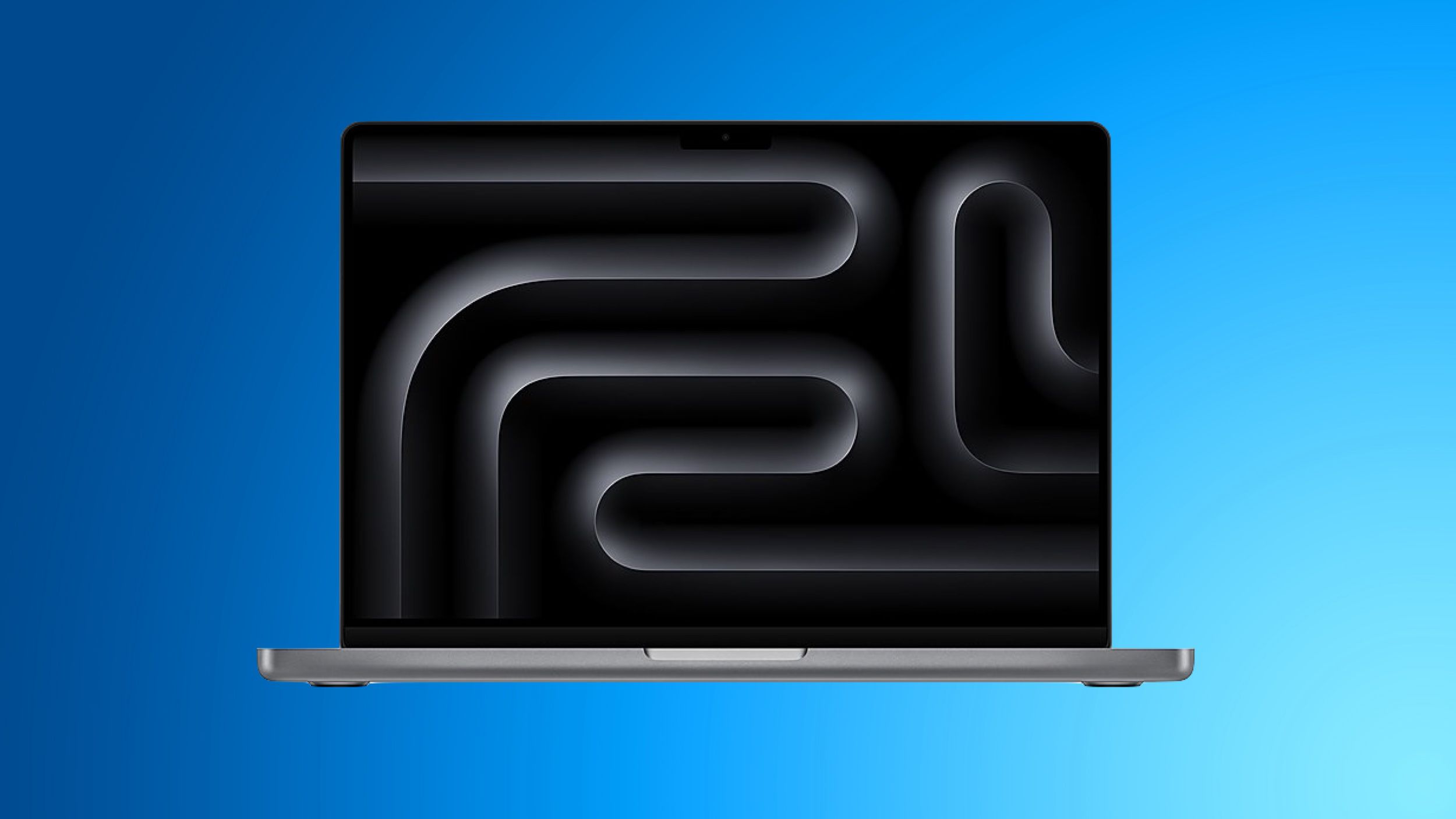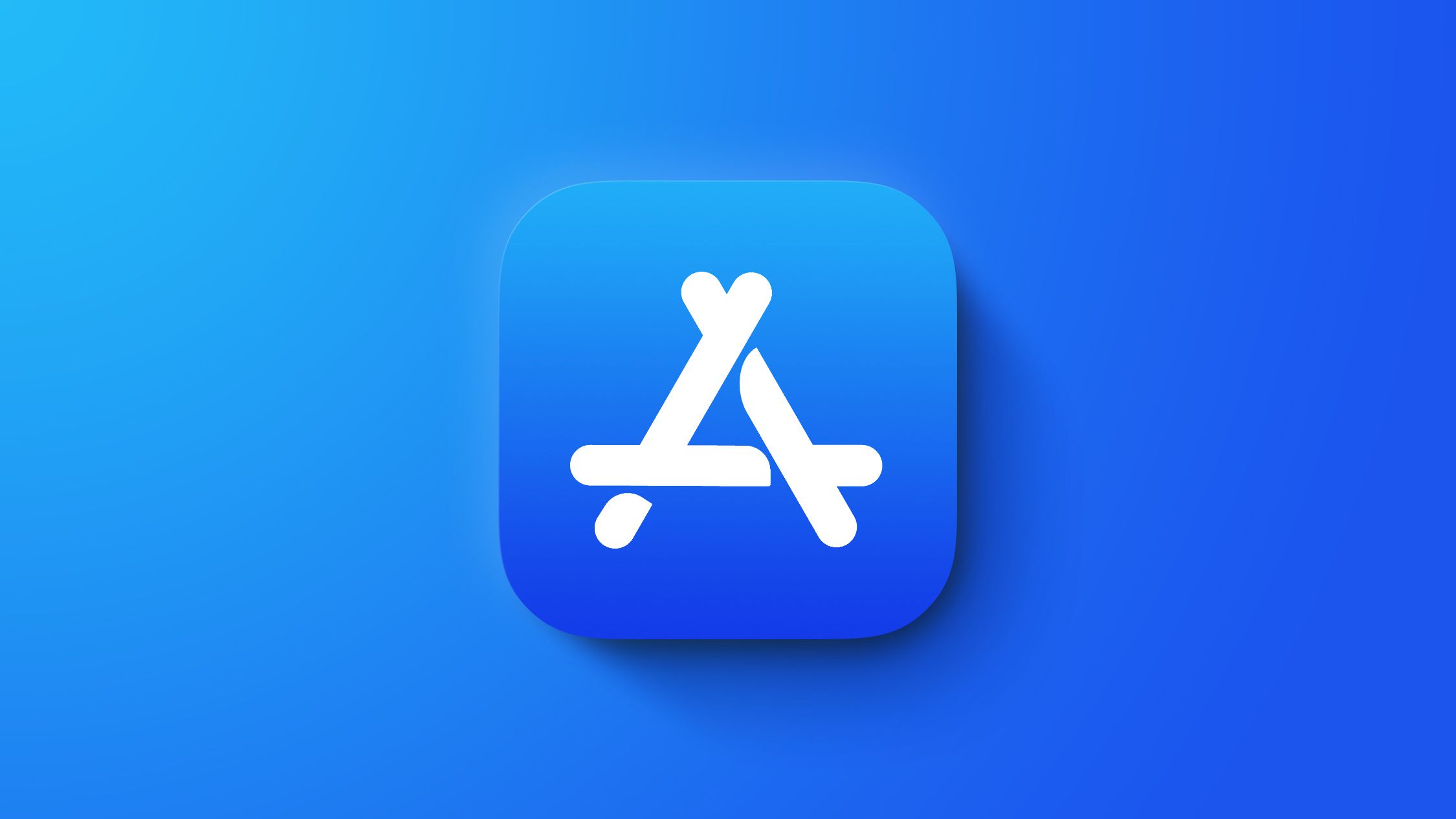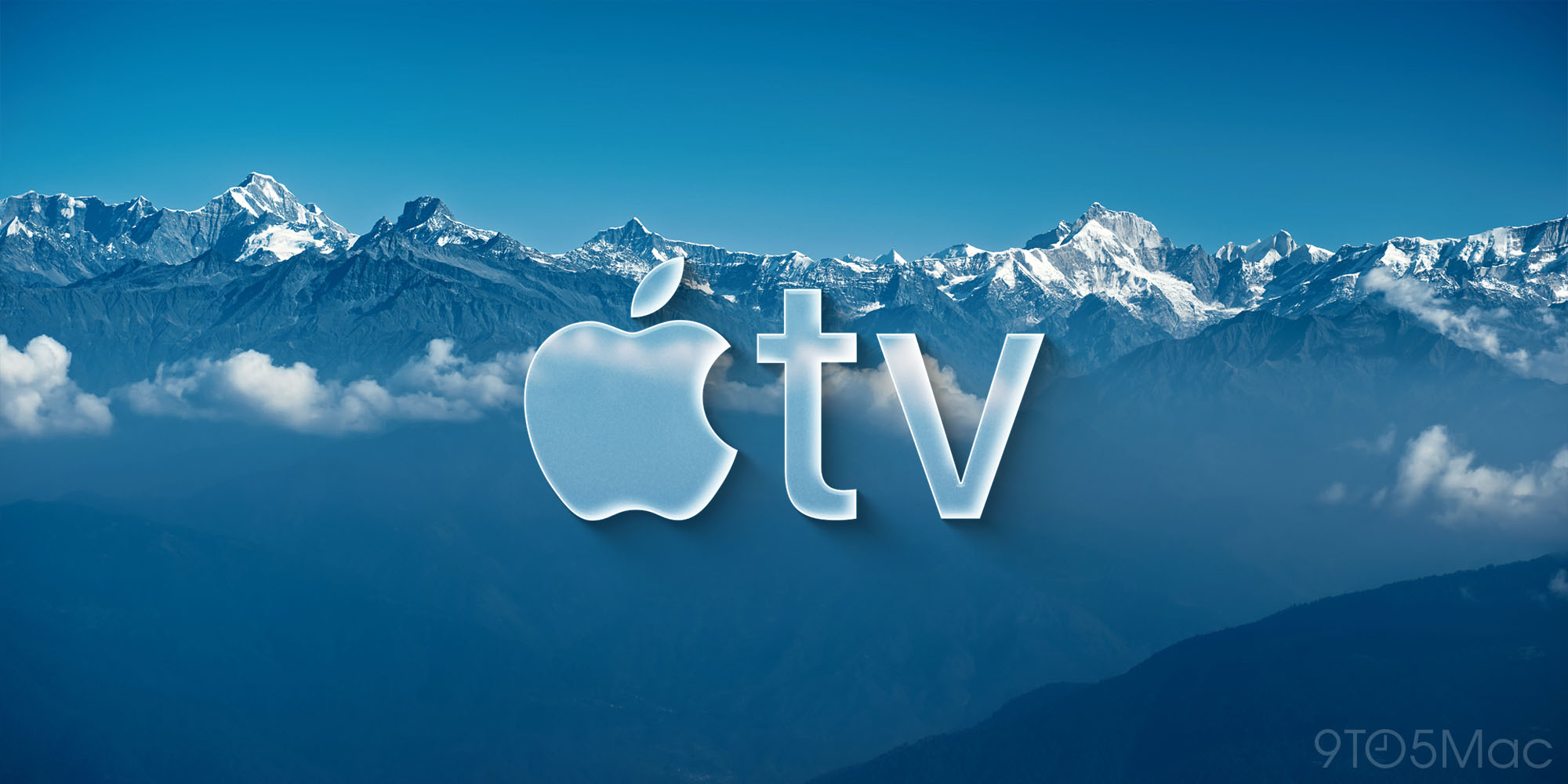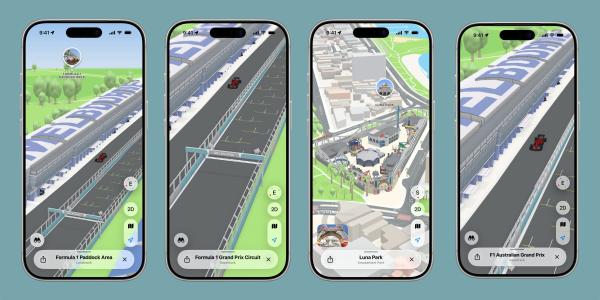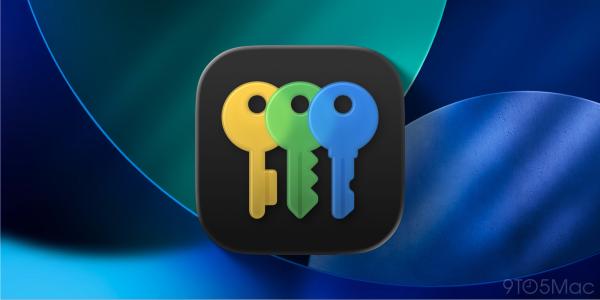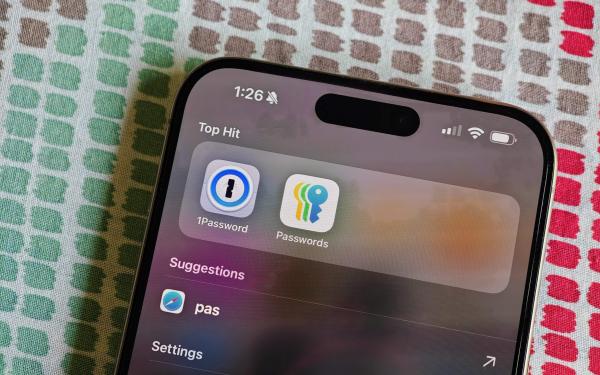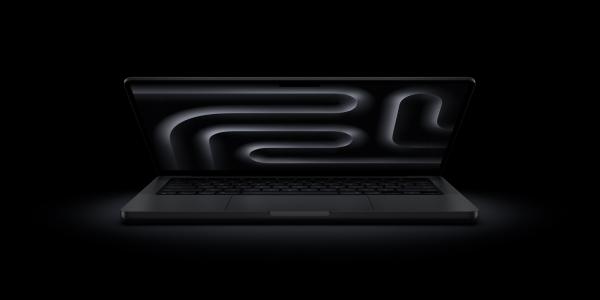The logistics industry is a diverse one with too many divisions and responsibilities to count. It deals with carriers, shippers, clients, and so many others in between. Before this new age of technological revolution, the logistics industry was much more limited than it is today, the need for it has always been important, but the scale? The efficiency? The speed? These can't even be compared to today's capabilities. One of the technological advancements that have shaped the way the logistics industry runs today is smartphones.

A Brave New World!
A decade ago, a shipper's checklist would have had to include dealing with carriers, customs brokerage, language barriers, and worst of all, tons of paperwork. Now, put together an internet connection and smartphone, and you basically get a complete control unit at the palm of your hands. Shippers can now:
- Take pictures of products using their phones.
- Upload them on their website, send their details to carriers by email.
- Contact your carrier virtually.
- Pay through online platforms.
- Track your loads using GPS.
- Successfully deliver to your customers in record time.
This whole process is done with just a tap of your finger. A brave new world, indeed!
Realizing the Potential of Logistics Innovation
Smartphones have opened the doors to technology-focused solutions in many fields, and logistics are no exception. Innovators at Forager Cross Border Logistics believe that the complicated process of cross-border freight isn't an obstacle to overcome, but an opportunity for innovation. Online cross border supply chain platforms can now provide their clients with instant pricing and visible tracking of their loads, taking a heavy load off shippers' shoulders and saving them a lot of much-appreciated time.
E-commerce Is The Way, Smartphones Are The Means
It doesn't matter if you are a vendor or service provider, a shipper, courier, or a client, digital sales are key to accessing wider markets and boosting sales. The primary reason why e-commerce is fast-growing, is that it is always available, 24/7, which is a perk of having smartphones in our hands all day long. Data analysts expect 2.05 billion people to conduct their purchases online in 2020, and 67.2 % of these total digital sales are expected to be done through mobile devices.
Remote Controls By the Loads
If you thought tracking loads and shipments using GPS is the height of technology-supported logistics, you would be amazed by how much control businesses can now have. Thanks to the brilliant Internet of Things (IoT), businesses can now monitor the conditions of their loads, have full reports on their status, and be able to alter any of them remotely. They can keep an eye on inventory, receive alerts regarding products' expiration dates, and ensure compliance with health codes. In short, we can know every detail, we need to know about our supply chains and control them all through our phones.
Not many years ago, to ship a load, particularly across borders, shippers would have had to go through a hideous load of planning and a spider web of communications to arrange for a shipment and track its location until delivery. Today, thanks to smartphones and technological advancements, everything is within our reach.


